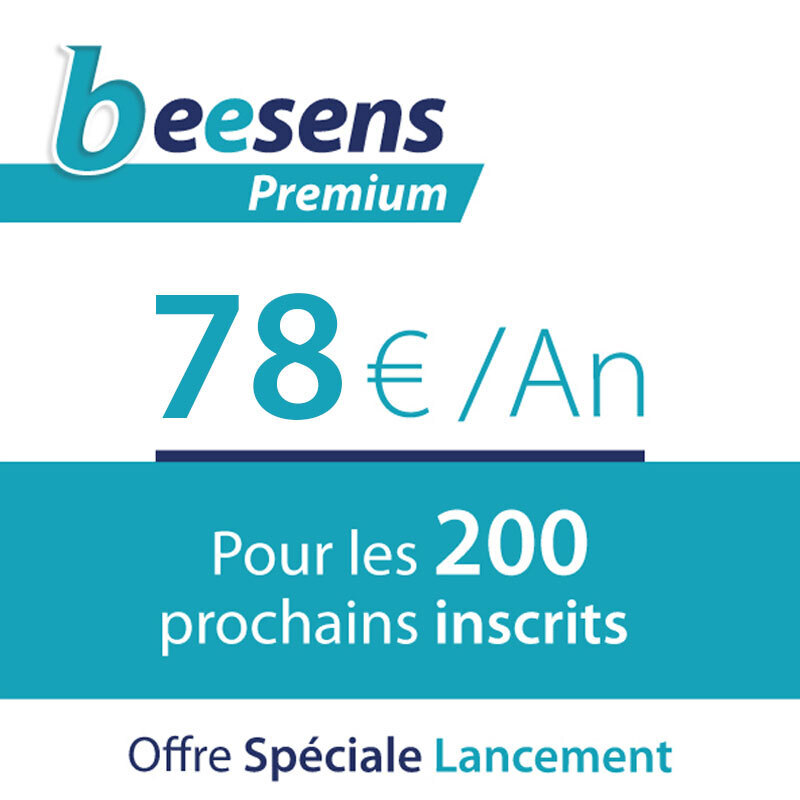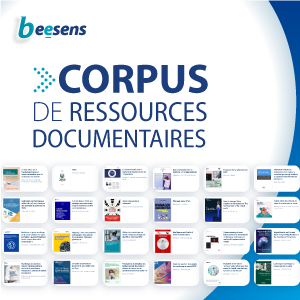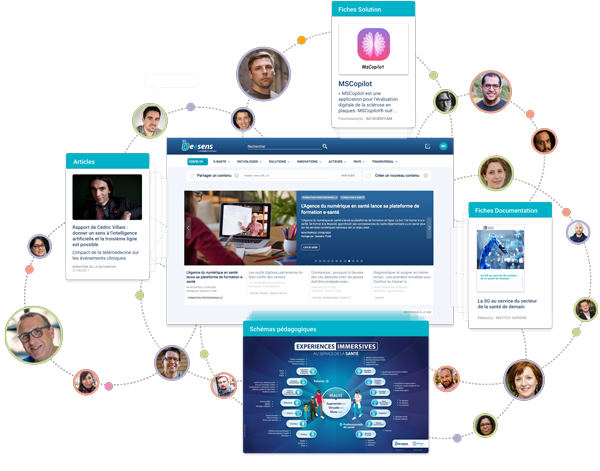"Using deep learning algorithms, AI was able to review low-dose CT images with presumed nonmalignant lung nodules and predict which ones would likely lead to a cancer diagnosis at a one-year follow-up screening, according to a new study published in JAMA Network Open.
Using those predictions, the algorithm then sorted patients into two categories: those who should be screened annually and those who should be screened biennially. Separating high-risk and low-risk patients in this way could potentially offer healthcare providers an opportunity to reduce healthcare costs while also minimizing harm through unnecessary CT exposure, all without significantly increasing the risk of a delayed cancer diagnosis, the authors concluded.
“Our findings are a proof of principle that deep learning algorithms could be used to safely assign many people with small nodules to biennial lung cancer screening with LDCT, thereby potentially reducing its harms,” wrote first author Rebecca Landy, PhD, a research fellow at the National Cancer Institute, and co-authors.
When analyzing 10,831 abnormal, presumed-nonmalignant CT results, the algorithm—which researchers called LCP-CNN—made assignment choices that would ultimately have delayed diagnosis with an absolute risk of just 0.28% (by assigning a patient to the biennial group when an actual one-year follow-up scan did result in a cancer diagnosis). In comparison, the absolute risk of delaying a cancer diagnosis if everyone was assigned biennial screening was 1.80%..."
Lire la suite
New algorithm shows how AI could make lung cancer screening more cost-effective
RADIOLOGYBUSINESS, 22/03/2023
Partagé par :
Beesens TEAM

Informations liées
Thématiques
Cancer
Accueil Intelligence Artificielle
Modèles économiques
Imagerie










